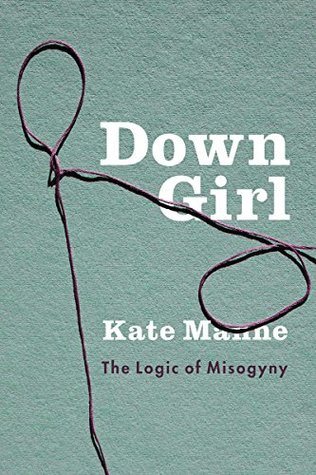Testimonial injustice arises due to systematic biases in the “economy of credibility,” as Fricker (2007) aptly calls it. It afflicts members of a certain social group, most notably when the group has historically been and to some extent remains unjustly socially subordinate.5Testimonial injustice then paradigmatically consists in subordinate group members tending to be regarded as less credible when they make claims about certain matters, or against certain people, hence being denied the epistemic status of knowers, in a way that is explained by their subordinate group membership.
Welcome back. Just a moment while we sign you in to your Goodreads account.


